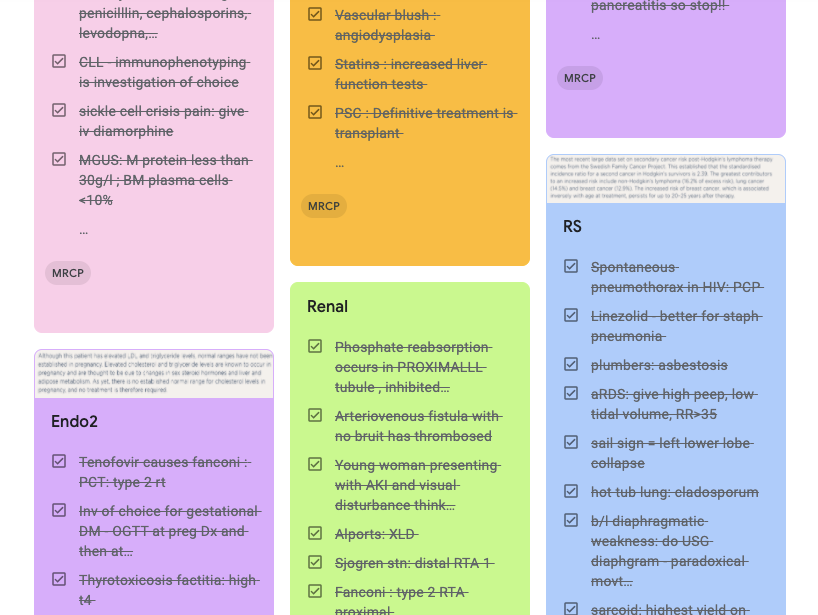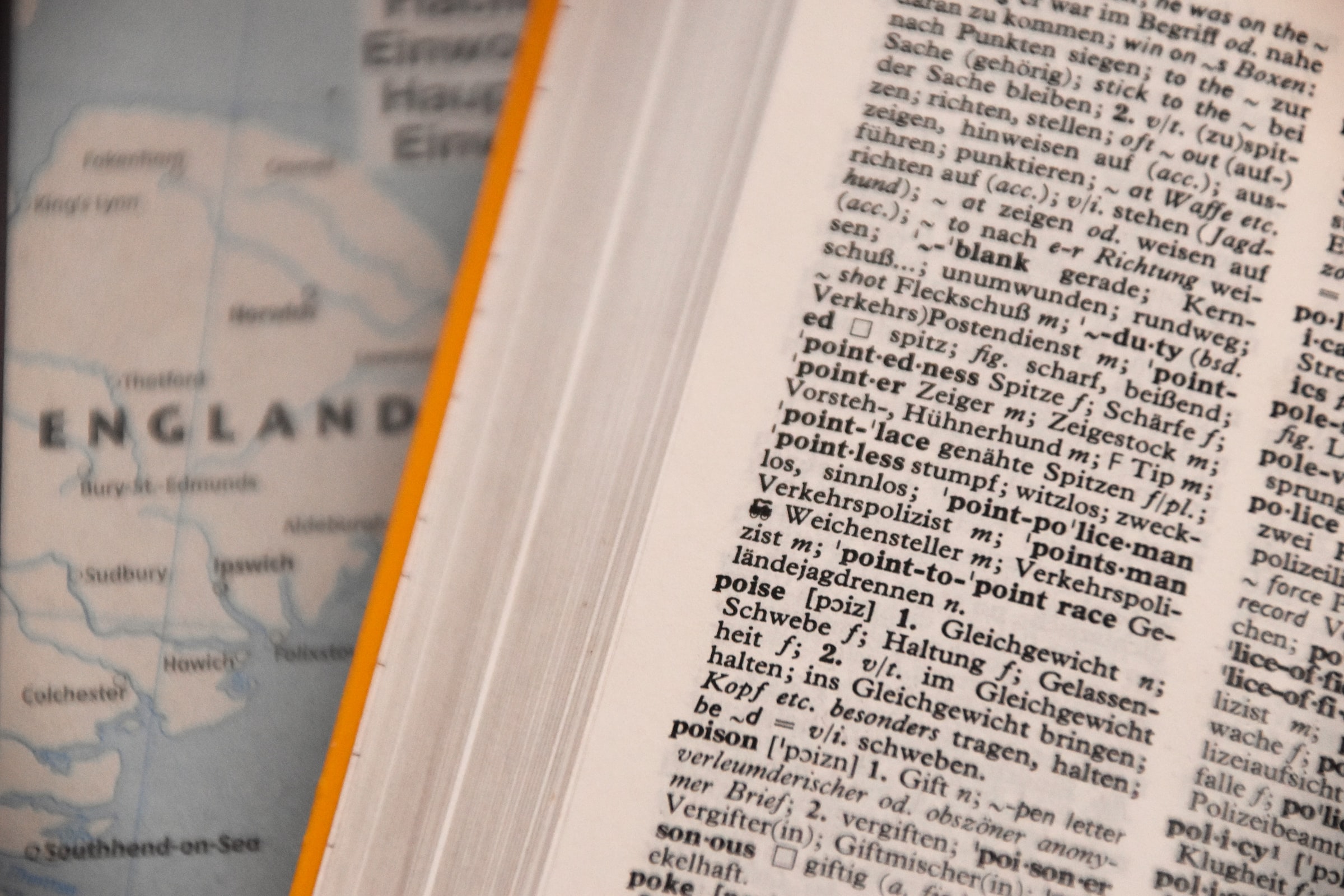MRCP Part 1 Experience: Dr. Harshal Ranglani
Isn’t it true that when you’re in medicine, the studying never truly ends?
I recently cleared the MRCP Part 2 theory examination, having been done with Part 1 last year in September. The whole experience of preparing and appearing for a Royal College examination has prompted me to share what I know about it so that it can help others who are (or are going to be) in the same boat!
The main objective is to give an idea to those who may be daunted by the seemingly humongous task, especially those working in non-internal medicine specialties.
Some take the MRCP exams relatively early in their career while others take them much later. In any case, some clinical experience working in the wards will definitely help! While everyone will have a different level of clinical knowledge and different clinical backgrounds, I am sharing what worked for me. Being in dermatology full-time and not having practiced general medicine for over four years, foraying back into fairly unfamiliar territory felt slightly intimidating — going from acne to glomerulonephritides, from melasma to meningitis!
So, let’s get into the deets!

Diet: Diet 3/2019 (September 2019)
Score: 783
The score does not matter in MRCP. A pass is a pass. A scaled score of more than 540 is a pass. So, 541 is a pass, as is 800!
Preparation time: two and a half months
Of these, I was working full time (8 hours/day) in dermatology for the first one and a half months. For the month leading up to the exam, I was in between jobs so I was able to dedicate a significant amount of time for exam preparation.
I understand that everyone will have different circumstances but I do suggest trying to take a few days off before the exam to get into the zone of things. This is a high-stakes exam in terms of the time, money, and effort involved so it’s best to plan things out in order to maximize the chances of doing well in the first go.
Resources Used
- Khaled Maghraby (Step up to MRCP)
I went through a lot of groups and narrowed this down as my preferred choice of notes. I felt that the content was just right, without getting too overwhelming. The cardiology section isn’t as detailed as it ought to be but all other systems are covered pretty well.
I also had the Pastest Essential Revision Notes by Philip Kalra, having reading good things about it but I would not recommend this if you are short on time like I was. There is simply too much to read. You can review it for difficult topics but not as a primary reading resource.
2. Passmedicine
For part 1, this is the best question bank. It is fairly simple to understand. It’s laid out pretty well. There is a separate section with all the notes listed topic-wise which is great when you want to quickly review a specific topic. The first time I went through Passmedicine, my overall score was about 60%. The second time around, it was close to 80%.
3. Pastest
Another excellent question bank. However, I could only do about 25–30% of it due to time constraints.
Note: It is important to take subscriptions to question banks and not simply use the offline PDF versions. This allows you to track your progress as you go along. You can also reset the question bank and do it a second time. Time the date of subscription properly as all subscriptions are available only till a specific exam date, following which you need to repurchase them to get access.
4. Sample paper on the Royal College website
It is essential that you do this a day or two prior to the exam. I suggest two days prior so that you can use the day before the exam to revise a bit but mainly just to relax. And in case you don’t score according to your expectations in the sample paper, you aren’t thrown off by it right before D-day and end up in an over-analytical spiral! I know I do! Only because it is extremely important to remain calm on the day of the exam itself and trust your preparation.
5. Pastest papers
These are excellent and are best done in the last couple of weeks leading up to the exam. Try to do as many as possible. I recommend doing about 10–12 papers to get a fair idea of where one stands in terms of preparation and then work on weak areas accordingly.
6. Facebook and Whatsapp groups
I found a great community on Facebook and via these, found some really supportive Whatsapp groups. Questions were discussed in these groups regularly, usually in blocks of 25 a couple of times a day. So you could be a part of the discussion and learn something even when you aren’t feeling particularly up to the idea of opening up a book or question bank on your own. These groups played a crucial role in my prep because they were a constant source of motivation.

Study Strategy
I started off with reading Maghraby, system-wise. Once I was done with a particular system, I would solve Passmedicine questions on the same. I did this sequentially till I covered all of Passmedicine once. At the same time, I made notes of topics that I found hard to retain — especially from Passmedicine. Maghraby actually has a lot of content similar to Passmedicine notes but there is extra material on Passmedicine. Also, Maghraby does not have the latest guidelines. For these, you would need to refer to Passmedicine and print them out. The first read of Maghraby along with the first round of Passmedicine took me a month and a half while working full-time.
Once I was done with Passmedicine, I started reading through Maghraby again. It was much quicker this time around. I tried solving Pastest during this time but soon realized I would not have the time to go through the entire question bank (5000+) so I decided to only do a few questions, after which I switched back to Passmedicine. The second time doing Passmedicine, I got through the entire question bank in about two and a half weeks.
If you’re really short on time, I would suggest sticking to Passmedicine. If you do have some extra time, it is worthwhile doing the pharmacology section from Pastest (and about 50–75 questions from each system in Pastest so that you get a fair idea of what it is like, without having to do all of it. A lot of questions are based on concepts that are repeated).

I used Google Keep to make subject-wise ‘lists’ of the important bullet points. These allow for quick revision. Keep also allows you to add images and other files to the list — which is a pretty cool feature to use for screenshots of guidelines, etc.!
I cannot stress this enough: Compile revision material as you go. This will make the last two weeks leading up to the exam far easier. So, highlighted points from Maghraby, my own notes and Google Keep bullets were my revision material.
Dermatology Specific Advice
For anyone from dermatology giving the exam, I understand that it may be a bit intimidating to study different systems again, especially since we do not see medicine patients as part of our daily practice. The sections on dermatology and rheumatology (with 8 and 14 questions respectively) are where you really stand to score well and thus increase your chances of passing.
The Exam Itself
- Carry an extra proof of ID because the authorities are very particular about this detail and you want to avoid any hassles last minute.
- Eliminating the wrong options has always worked for me (for both part 1 and part 2). Instead of trying to pick the right answer, cross out the ones which you are sure are incorrect. This helps particularly when the options are too close and it gets confusing.
- Do not waste time on questions that are taking longer. You can come back to them later.
- This one’s obvious but I am going to reiterate: just mark the answers on the OMR sheet as you go — do not ever make the mistake of leaving the marking for the end.
- Carry your own lunch and coffee thermos! (There was no food outlet near the exam center except for a government canteen, which was packed. So, carry your own food as it is a very long and exhausting exam)

Final Word
Now for some real talk, I wish someone had told me when I started prepping for the exam:
Surround yourself with people who are also studying for the exam. If you don’t know someone like that, look for groups that you can be a part of. There are so many times that I felt like it was insane to even try to attempt the exam — because of the sheer depth and breadth of studying that was needed — but don’t give up! And in the company of people with the same goal, the task at hand just becomes slightly easier!
Keep at it — a little by little each day, even if it’s just a few questions here and there! Each little bit adds up!
And let me tell you — it’s completely doable! Also, don’t listen to the naysayers — including when it’s you yourself!
Feel free to reach out to me at drharshalranglani@gmail.com in case of specific queries and I’d be happy to help!
Disclaimer
I am not promoting any resource here. These are resources and strategies that have worked for me and maybe of help to you. The purpose is to open a dialogue for fellow medicos. All the details about the exam itself are available on the RCP website.
About
Dr. Harshal Ranglani is a certified dermatologist based in Mumbai.
Find the link to her original blog post here.

Please share such experience of MRCS part 1 cleared candidate! thanks in advance sir!
ReplyDeleteSurely!
DeleteAny updated notes e.g. khalid al maghrabi
ReplyDeleteThe MRCP Part 2 is an advanced exam focusing on clinical management and decision-making. It tests candidates' ability to apply medical knowledge to real-world scenarios, including diagnosis and treatment strategies. This stage is crucial for those aiming to demonstrate deeper clinical skills and advance in internal medicine training. Nice Blog keep sharing
ReplyDeleteIntellect Medicos offers comprehensive Solution For Mrcp Examination, designed to maximize success. With expertly crafted study materials, extensive question banks, and high-yield revision notes, they cover all essential topics in depth. Their interactive online sessions with experienced tutors provide targeted guidance, addressing individual learning needs. Mock exams simulate the real test environment, helping candidates build confidence and improve time management. Intellect Medicos also provides access to peer discussion forums for collaborative learning and problem-solving. Their structured approach ensures systematic coverage of the MRCP syllabus, equipping candidates with the skills and knowledge required to excel in the examination.
ReplyDeleteThis was a great read. If you're preparing for the next level, the MRCP Part 2 Course is worth every penny.
ReplyDelete